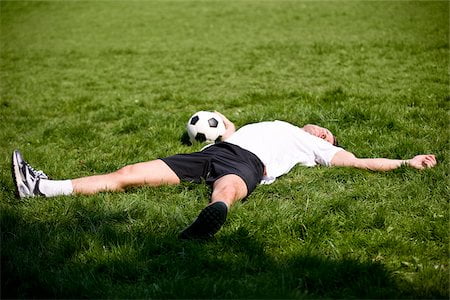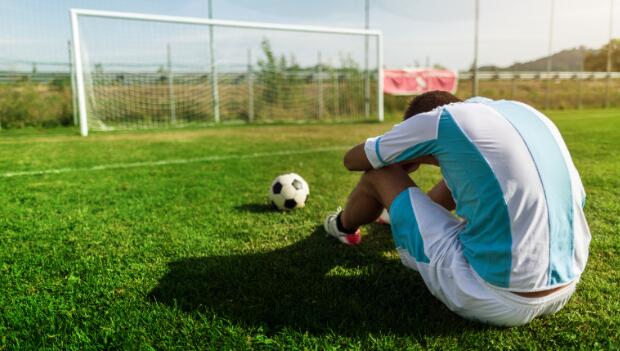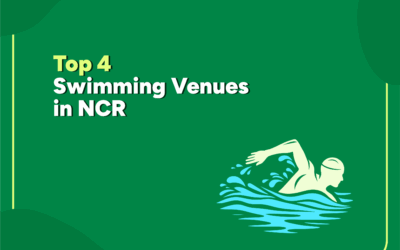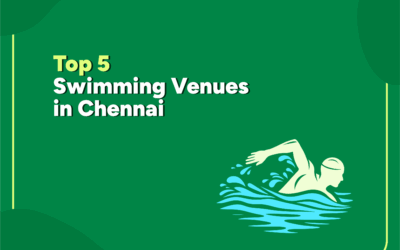Fatigue is a natural part of the game. So, the aim should be to enjoy your game.
Fatigue can be both physical and mental.
No matter, if you are an amateur or a pro, getting tired will affect your performance and effectiveness. Any sport you play requires physical fitness which inculcates body balance, responsiveness, quickness and most important of all stamina.
The best way to find out the reason behind is to observe how you get tired rather than when you get tired. Focus on which moves or which part of the play tires your body.
Once you achieve this, you may work on the following 5 factors mentioned to reduce your fatigue:
1. Warm up
As a sportsperson, both warming up and cooling down after your match is quintessential. A warm-up before the game helps your body prep for the match.
All you require is a 10-minute warm-up session to build up stamina and a 5-minute warm-down session for your body to regain all the energy lost after the match.And a cooldown helps you recover from the tough game. This also helps you build up your stamina.
2. Psychological endurance
When we talk about stamina, it can be physical stamina or physical strength and mental stamina or psychological endurance. The solution is to avoid a game where your confidence is low.
In other terms, don’t get into the deep water before you have started learning how to swim.
So, when you get into a game, don’t focus on saving energy instead spend energy to play. Your mind is going to be weary thinking about saving energy during the play.
Play effectively and for a beginner, pay attention to playing smart rather than conservatively or toned-down.
3. Diet
Diet plays a big role for any person on Earth, let alone an athlete. You ought to watch what you eat. Ensure that you eat 2-3 before you sleep at night. Go for a brisk walk after meals. 20 minutes after a meal, go for walks.
Sip hot water early in the morning or during the day. This will improve your digestion and metabolism which in turn help you build stamina.
Protein is the key – boiled eggs, pulses.Consider eating good fat like dark chocolate, flax seeds. A 5 –meal routine will help you with your metabolism as well. Eat in small portions.
Watch your sodium intake since you lose sodium so much of it while sweating. And the deficiency in sodium might lead you to dizziness and lightheadedness.
Most of all, avoid quick fixes like caffeine or energy drinks (contain sugar). Take in carbs (pasta, brown bread) to have a steady stream of energy.
4. Breathing practices/ Mouth breathing
Always consider breathing during a game. Breathing practices are necessary for the body to intake oxygen. When you breathe, the oxygen is converted into energy.
Players usually get tired due to oxygen deficiency. The fix is to avoid playing harder than your breath. Your cardiovascular endurance is your body’s breathing capacity.
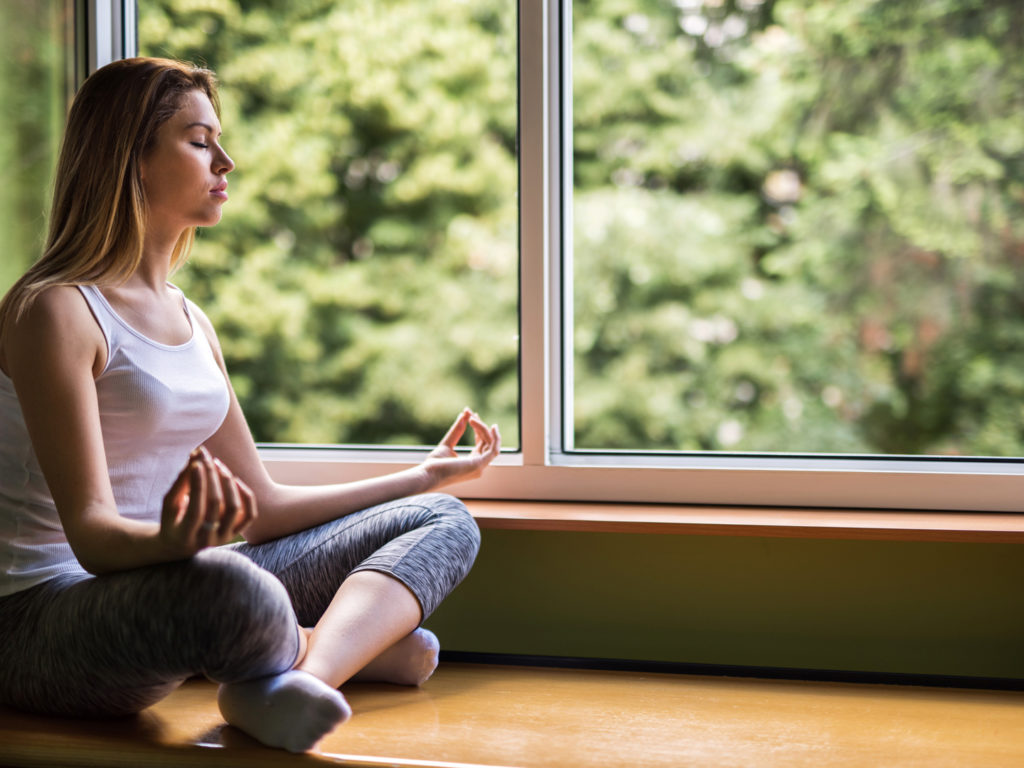
Establish a breathing rhythm and learn this technique – Inhale and then hold your breath for 8 seconds. Then exhale slowly. Repeat this 2-4 times.
While running, it is advisable that you breathe with your mouth. Mouth breathing helps bring a lot more amount of oxygen than your nose.
Try cardio exercises (jumping rope) and endurance workouts. Doing more cardio increases the oxygen intake of your body.
5. Practice
The most essential element of this process is “Practice”. Even world-class players stress on this. Your body once used to the time of practice, the rigorous amount of playing sessions will help you cope with the bodily stress.
Or else, you will feel your muscles getting tired and sore faster. Learn the right technique of the game while practising.
Build a strong core body. Consider doing sit-ups rather than push-ups. Work out on your core strength 2-3 times a week. Since all your power is generated by the core, the limbs are connected to it.
Conclusion:
Getting tired is a part of the game but getting tired during a game is half the excitement.

